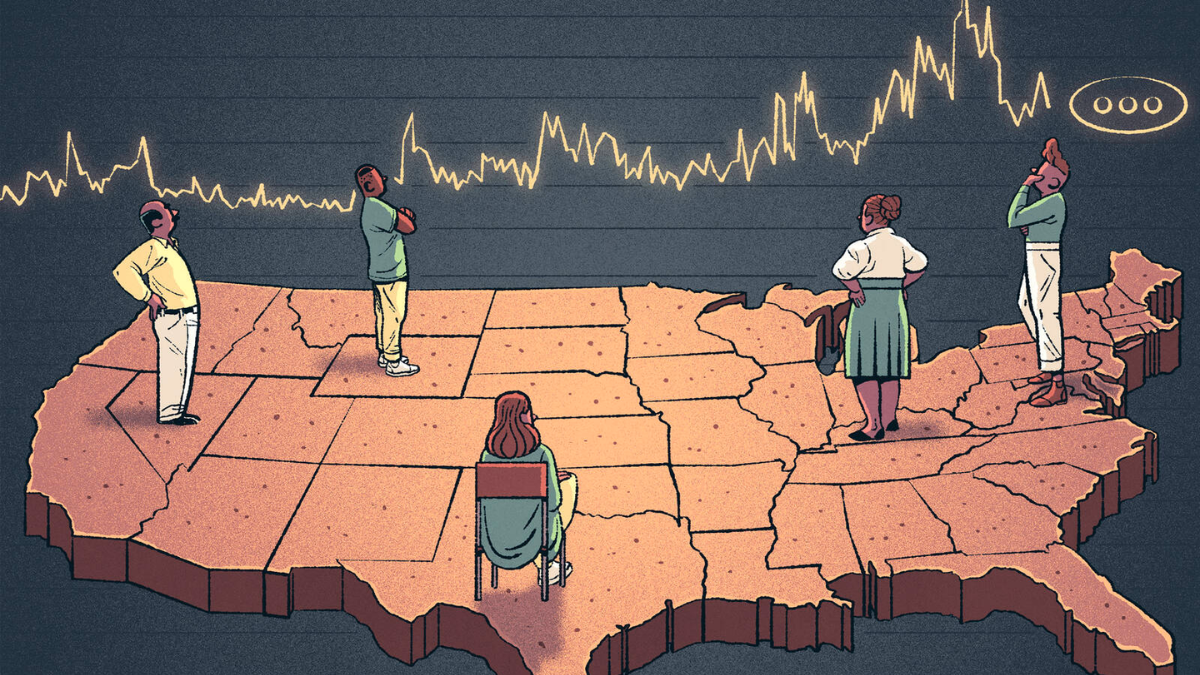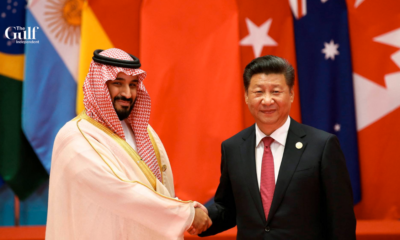In an age of fast technology breakthroughs, geopolitical upheavals, and global
interconnection, the capacity to adapt and anticipate the unexpected is critical. In today’s
volatile environment, the International Monetary Fund (IMF) understands the need of
handling uncertainty and embracing resilience. We must dive into the tactics, tools, and
frameworks required to prepare for the unexpected and develop a more resilient global
economy as we gather to debate this essential issue.
Uncertainty is a natural part of our complex and interconnected environment. Unexpected
occurrences may have far-reaching implications, from financial market swings to geopolitical
conflicts, natural catastrophes to technology disruptions. We can build a complete grasp of
the issues that uncertainty poses and establish effective solutions to lessen its effects by
recognising its multidimensional character.
Improving Risk Assessment and Surveillance
Robust risk assessment and surveillance systems are essential for efficiently navigating
uncertainty. The International Monetary Fund (IMF) is critical in monitoring global economic
trends, detecting weaknesses, and giving timely policy advice to member nations. By
constantly refining its analytical tools, data gathering methodologies, and risk modeling
frameworks, the IMF can improve its capacity to foresee and react to unanticipated shocks,
maintaining the global financial system’s stability and resilience.
In an interconnected world, the efficacy of policies is dependent on national coordination and
collaboration. Governments, central banks, and international organizations must collaborate
to handle common concerns and adapt to unanticipated occurrences. Countries may
synchronize their efforts, pool resources, and increase their capacity to endure and recover
from unforeseen shocks via open conversation, information sharing, and policy coordination.
Investing in Resilience and Adaptive Capacity
Governments, organizations, and people should all prioritize resilience. This includes
investment in infrastructure, education, and innovation to improve adaptability. Nations may
better withstand unanticipated upheavals and position themselves for long-term growth and
prosperity by diversifying their economies, encouraging sustainable development, and
stimulating technology developments.
In today’s fast-paced environment, the capacity to adapt and innovate is critical.
Governments and corporations alike must embrace flexibility, nimble policymaking, and an openness to new ways. We can unleash new ideas and capitalize on emerging possibilities even in the face of uncertainty by promoting entrepreneurship, supporting research and
development, and cultivating an innovation culture.
Also Read: The world must stop political weaponisation of the refugee crisis
Expecting the unexpected is a difficult undertaking, but it is critical in our ever-changing
environment. As we assemble to discuss this crucial topic, it is essential to acknowledge the
complexities of uncertainty, improve risk assessment, create policy coordination, invest in
resilience, and embrace flexibility. We can manage unpredictable times, reduce disruptions,
and construct a more resilient global economy that is equipped to endure and prosper in the
face of the unexpected by arming ourselves with the right tools and mentality.




















